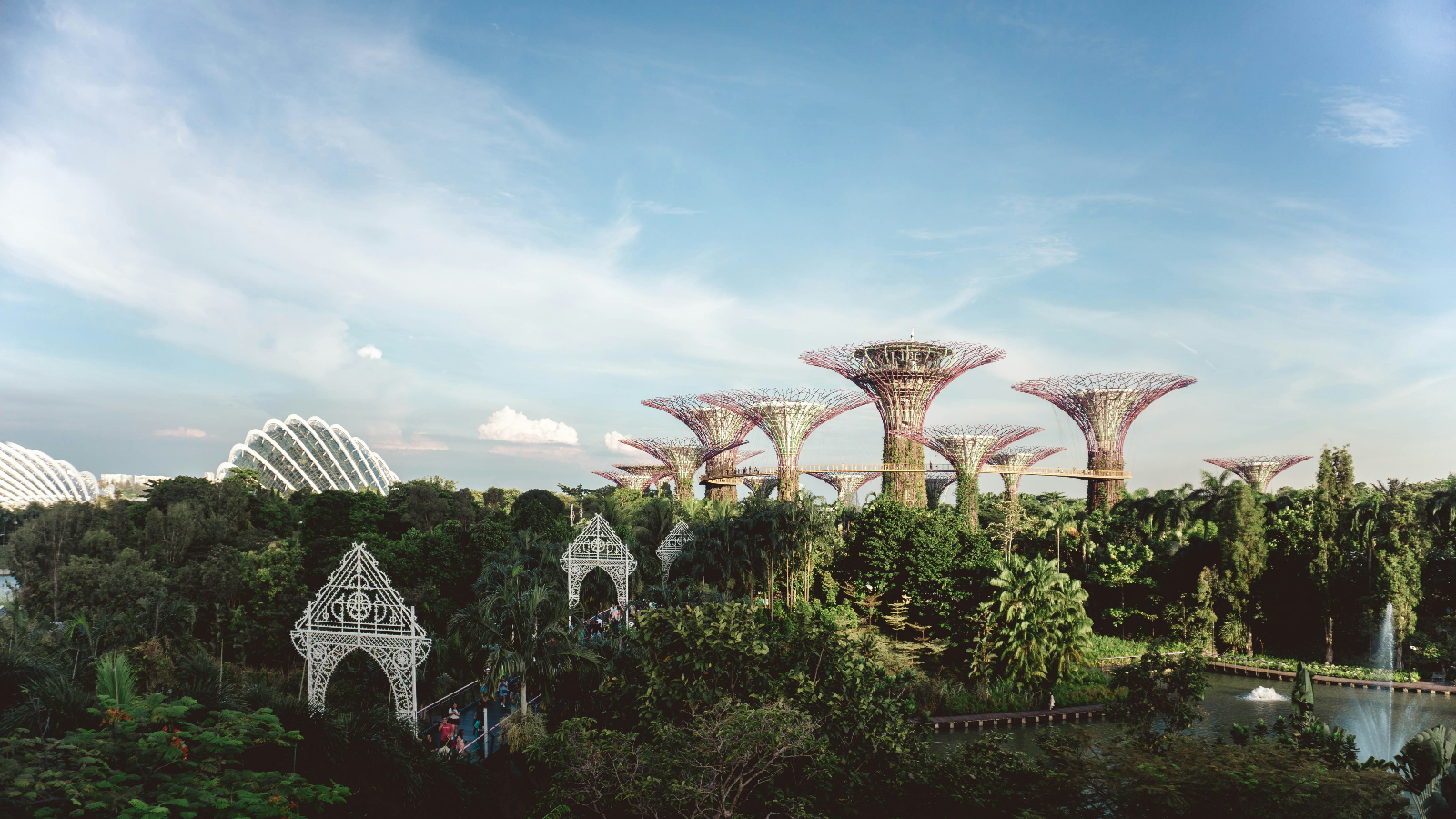In this Article
Introduction
Singapore’s transformation into a smart city is a remarkable journey that has garnered global attention. Known for its technological advancements and efficient urban management, Singapore serves as a model for cities worldwide aspiring to enhance their infrastructure, sustainability, and quality of life through smart initiatives. This article delves into the key strategies and projects that have propelled Singapore into the forefront of smart city development. By examining Singapore’s approach, we can gain valuable insights into the essential components and best practices for creating a smart city.
Ultimate Guide on How Singapore Became a Smart City
Singapore’s journey towards becoming a smart city is characterized by strategic planning, innovative projects, and a strong focus on sustainability. Here are the key elements that have contributed to Singapore’s success:
1. Strategic Vision and Governance
- Smart Nation Initiative: Launched in 2014, the Smart Nation initiative is a comprehensive framework aimed at leveraging technology to improve the lives of Singaporeans. This initiative encompasses various sectors, including healthcare, transportation, and urban living.
- Government Leadership: Strong government leadership and collaboration across different agencies have been crucial. The Smart Nation and Digital Government Office (SNDGO) coordinates efforts, ensuring that projects align with the overarching vision.
- Public-Private Partnerships: Singapore has fostered partnerships between the government, private sector, and academia. These collaborations drive innovation and ensure that solutions are practical and scalable.
2. Advanced Infrastructure and Connectivity
- High-Speed Internet: Singapore’s commitment to connectivity is evident through its extensive fiber-optic network, providing high-speed internet access to homes and businesses. This infrastructure is the backbone of various smart city applications.
- 5G Deployment: The city-state is at the forefront of 5G technology deployment, enabling faster and more reliable communication. This advancement supports the development of Internet of Things (IoT) applications and autonomous systems.
- Smart Buildings: Singapore has integrated smart technology into its buildings, enhancing energy efficiency and sustainability. Smart sensors and systems monitor and manage energy usage, reducing waste and costs.
3. Sustainable Urban Solutions
- Green Buildings: The Building and Construction Authority (BCA) promotes green building standards through the Green Mark scheme. This initiative encourages the adoption of sustainable building practices, reducing the environmental impact.
- Water Management: Singapore has implemented innovative water management solutions, such as the NEWater program, which recycles wastewater into potable water. This approach ensures water security and sustainability.
- Urban Mobility: The city has developed an efficient public transportation system, complemented by smart traffic management solutions. Real-time data and analytics optimize traffic flow, reducing congestion and emissions.
4. Citizen-Centric Services and Engagement
- e-Government Services: Singapore offers a wide range of e-government services, making it easier for citizens to access public services online. This digital transformation enhances convenience and efficiency.
- Smart Health: The city-state has embraced telemedicine and digital health solutions, improving healthcare access and outcomes. Smart health initiatives include remote monitoring and personalized care plans.
- Community Engagement: Platforms like OneService enable residents to report municipal issues and provide feedback. This engagement fosters a sense of community and ensures that services meet citizens’ needs.
5. Data-Driven Decision Making
- Integrated Data Platforms: Singapore utilizes integrated data platforms that aggregate information from various sources. This data is analyzed to provide actionable insights for city planning and management.
- Predictive Analytics: By employing predictive analytics, the city can foresee potential issues and address them proactively. This approach enhances the efficiency of public services and infrastructure maintenance.
- Open Data Initiatives: Singapore promotes transparency and innovation through open data initiatives. By making data accessible to the public, the city encourages the development of new applications and services that benefit the community.
6. Resilience and Security
- Cybersecurity Measures: As a smart city, Singapore prioritizes cybersecurity to protect its digital infrastructure. Robust measures are in place to safeguard against cyber threats and ensure the integrity of data.
- Disaster Preparedness: The city employs smart technology to enhance disaster preparedness and response. Sensors and data analytics are used to monitor environmental conditions and provide early warnings for natural disasters.
- Resilient Infrastructure: Singapore invests in resilient infrastructure that can withstand various challenges, ensuring the continuous delivery of essential services even in adverse conditions.
Conclusion
Singapore’s journey to becoming a smart city is a testament to the power of strategic vision, innovative technology, and sustainable practices. By prioritizing connectivity, sustainability, and citizen engagement, Singapore has created a model for other cities to follow. The city-state’s success underscores the importance of government leadership, public-private partnerships, and a holistic approach to urban development. As cities worldwide seek to become smarter and more sustainable, Singapore’s experience offers valuable lessons and inspiration.
How Can We Help?
The AlphaX ecosystem offers comprehensive solutions to help cities overcome the challenges discussed in this article. From advanced technological integration to sustainable initiatives and citizen engagement platforms,Our ecosystem is designed to provide tailored solutions that address these unique needs, ensuring a seamless transition towards smarter, more sustainable urban living. To learn more about how AlphaX can assist your city, visit our contact page
References
Related Blog Posts
How Smart Cities Connect: Getting Started with Edge AI and IoT Technology
How to Get Started with Edge AI and IoT Technologies in Smart Cities: Overcoming Integration Challenges In recent years, the concept of smart cities has evolved from a futuristic Read More
5 Step Strategy: Ensuring Security and Privacy in 15-Minute Smart Cities
Introduction Ensuring security and privacy in 15-minute smart cities is a critical challenge as urban areas become increasingly connected through IoT and edge AI technologies. These cities aim to Read More
What is a smart city and the challenge of legacy systems
How to Get Started with Integrating Legacy Systems in Smart Cities Smart cities are transforming urban landscapes by leveraging technology to improve the quality of life for residents. However, Read More




